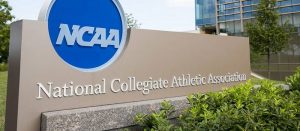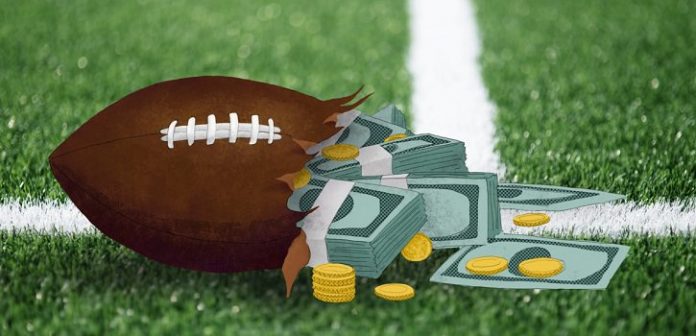Much discussion has been made about the problems gambling on sports would bring to college football and basketball programs. Some conferences are publicly saying they are not thinking about the possibility of gambling in their sports programs. However, there are others conferences that have decided to start talking about this issue. And, this issue is whether the NCAA member schools should look into revenue-sharing opportunities.
The Court Decision
The Professional and Amateur Sports Protection Act of 199
2 prohibited single-sport betting in every state. The only except was Nevada. However, New Jersey sued the NCAA because it wanted permission to allow gaming in its casinos in Atlantic City. The U.S. Supreme Court decided to take up the case. In May, it ruled that PASPA was not constitutional. The U.S. Supreme Court ruled that states should decide for themselves whether they want to legalize sports gaming. Since the High Court’s ruling, sportsbooks have opened in New Jersey, Delaware, Mississippi, New Jersey, West Virginia, and Pennsylvania.
The Implications for the NCAA

The National Collegiate Athletic Association (NCAA) has nearly 1,300 schools and institutions in its network of conferences. Some of the schools are small and belong to conferences that are not as familiar to most fans. However, other schools in the “Power 5” conferences are familiar to fans, and their games are usually televised. The Power 5 Conferences are The Big 10, Big 12, Pac 12, SEC, and ACC conferences.
The schools in states where legal sportsbooks have originated have talked about joining professional sports leagues to discuss gambling revenue. One of these leagues is the NBA. The colleges have noted professional sports leagues get a cut from the amount of money wagered on their games on sportsbooks. Therefore, the colleges should also receive some of the money. Colleges could put the money to good use for their programs, according to the Power 5 member schools.
Uses for Gambling Revenue
The NCAA member schools said they could use the gaming revenue that comes directly from sportsbooks for a variety of purposes. They could use the integrity fees to educate athletes about the nature and danger of sportsbooks. They want them to understand what would happen if they bet on their own sport, or on sports in general. Point shaving and game fixing could be specifically discussed with players. Second, the schools could use the fees to offer programs that would teach athletes to manage their money. That way, they will not be in debt and, therefore, vulnerable to gambling companies. Third, the schools could use the fees to offer college athletes career education programs. Research shows that only about 2 percent of NCAA athletes have the opportunity to play for a professional team.
There is some opposition to this, however. Some critics don’t like the idea of using fees from sportsbooks as a bulwark against gambling houses. The American Gaming Association (the lobbying arm of the gambling industry) said fees would cut into the profit of the sportsbooks. This is especially true of sportsbooks that already pay state and federal taxes to comply with the law. Research shows that legal sportsbooks keep about 5 percent of all the money bet on gaming. Let’s say the proposed integrity fee is 1 percent. That means the sportsbooks would give 20 percent of their profits on fees to the NCAA.
A rise in fees would mean that sportsbooks would decide to take their books illegal. Or, they could keep them illegal, rather than taking the books legal and pay many fees for legal wagers. This is not at all what the NCAA had in mind when it began discussing the notion of a fee.
Disclaimer: All images are copyright to their respective owners and are used by USA Online Casino for informational purposes only.












